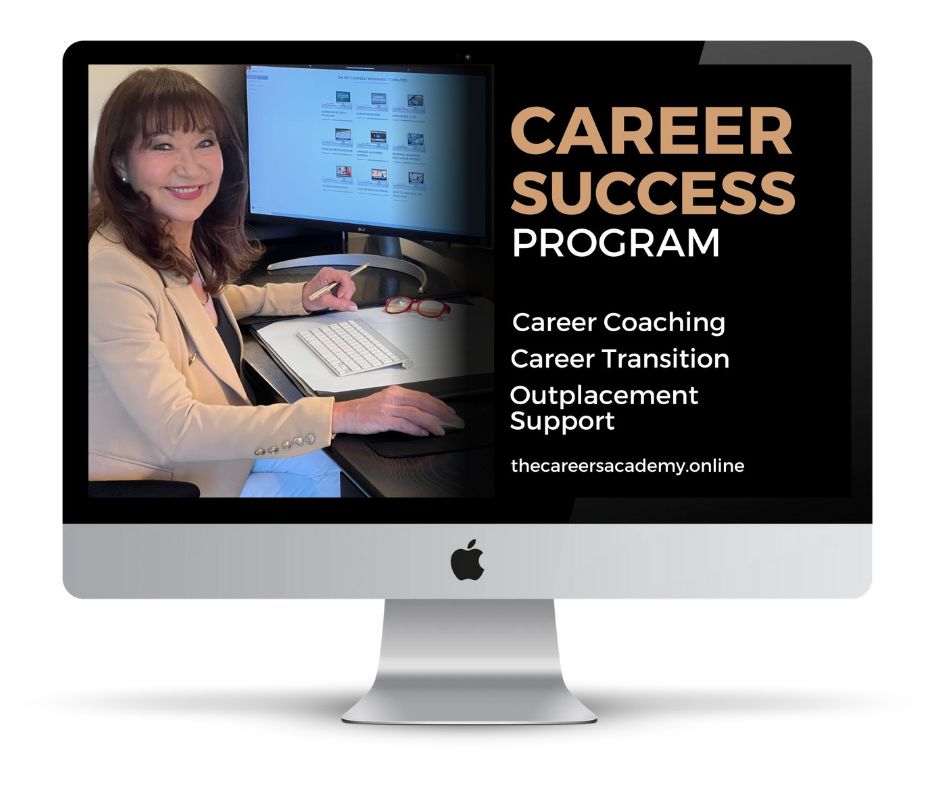Do you know the best ways to get a job? Many people tackle their job search process by relying on the easiest option. They make online applications to fill advertised roles and quietly wait and to be selected for an interview. If they are called for a screening interview they walk in and expect to be able to ‘wing it’ and be selected for the job.
Some may be lucky however this is not a professional approach to secure one of the most important things in your life – a fulfilling career.
Abraham Lincoln once said, “If I had eight hours to chop down a tree, I’d spend six sharpening my axe.”
The key to an effective job search is preparation, preparation, and preparation.
Treat your job search like a Marketing Campaign. This is a marketing exercise in which YOU are the product and the PROSPECTIVE EMPLOYERS are your customers.
The process to market “YOU”
· Define the Product – “You”
· Analyse the Market – “What Jobs?”
· Develop Marketing Strategies
Know Your Product
In order to understand yourself and what type of roles, industries and environments suit you, take time to conduct self-assessment exercises that will provide valuable insights into:
· Your personal values and interests, what is most important to you
· What satisfies you in a job, your motivators and de-motivators
· The qualities you possess that are desirable to employers
Think about the functional and transferable skills that are your natural abilities. Analyse your self-management skills and your personality traits. Consider your ability to handle yourself in varying situations, your work content skills and the technical, specialised skills you have acquired through formal education and training.
This self-assessment process enables you to analyse what you have to offer before you begin the search process and helps you to articulate what you want during your search. By identifying your accomplishments you can include them in your resume – an essential tool in the job search process (for more on resume writing, read “Dust Off Your Resume”) The self-assessment process gives you confidence and clarity when you are communicating during networking or job interviews. The big plus is that it will also help you to manage your career and stay true to your goals after your search is concluded.
Once you know what you have to offer and you have devised a strong resume, there are a number of strategies you must employ to go to market. Remember that the easiest option is to apply for advertised roles however statistically they only account for about 20% of job openings. About 80% of jobs are ‘hidden’ – they haven’t reached the Human Resources department of the companies yet. A hiring manager may be in the process of deciding exactly what resources are required for a specific project, someone may be thinking about resigning, someone may be promoted soon and an opening will be become available shortly. In order to get your “foot in the door” in these cases, networking and target marketing will be the best way to go.
The pros and cons of each job search method:
Search Firms/Recruitment Agencies
Benefits: They know the market and what is available now. They understand the hiring process and can provide interview practice and feedback. They can correct unrealistic expectations. (See “Recruitment Consultant – Friend or Foe.”
Advertised roles on-line and using the Internet
Benefits: An excellent source of company information, some job opportunities are posted on company websites and job boards. The Internet will provide a flavour for industry trends and movements within organisations.
Responding to Advertised Roles on-line and in print media
· Read the advertisement carefully and highlight the core requirements of the role
· Analyse the requirements to get a clear idea of the most important aspects of the job
· Try to contact the decision maker or advertiser to gain as much additional information as possible about the role before you apply
· Write a strong cover letter drawing the closest possible match between your accomplishments and the job requirements
Target Marketing directly to Companies
Benefits: You decide whom you want to work for, in which area and for whom through effective research. You make the initial contact when you are ready.
Networking
Benefits: You contact the people you know for information, advice, ideas and support. These people may be able to provide additional contacts to aid you in your job search. Networking helps you to develop and maintain relationships and there may be mutual benefit in the long run. You may uncover the ‘hidden’ jobs, develop new contacts in the industries you have targeted and learn who the key people are in a company. Networking gives you the opportunity to practice your interviewing skills.
Disadvantages: It is time consuming. Some people feel uncomfortable with the concept of ‘networking’ mistakenly thinking they are asking for a ‘favour.’
Statistically, networking is the most effective way to find a job (see my post“I Believe in Serendipity.”) A recommendation helps to cut through the traditional selection process.
When allocating time to your job search ensure that you spend about 70-80% of your time identifying and building your network and the remainder of your time applying for advertised roles, working with recruitment consultants and target marketing.
Armed with this information and time spent, as Abraham Lincoln said, “Sharpening your axe” you will conduct a more effective job search.



